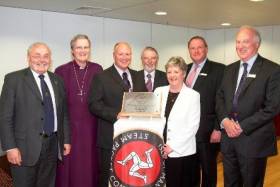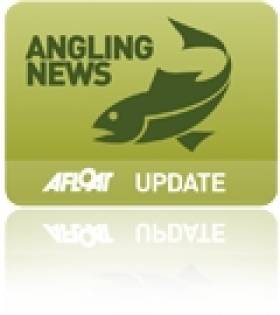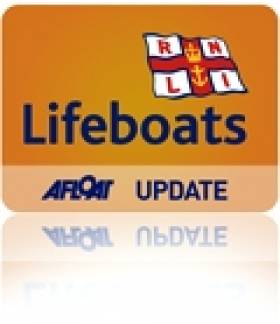Displaying items by tag: Chairman
Ireland's Glenn Murphy Appointed Chairman of International Shipping Body
The Institute of Chartered Shipbrokers, the professional body for the commercial shipping industry 'worldwide', officially welcomed its new executive leadership team at the Controlling Council meeting in October, writes Jehan Ashmore.
Glenn Murphy FICS will take up the role as Chairman of the Board, having previously been Chairman of the Institute of Chartered Shipbrokers (Ireland) as the Institute provides international support through its 26 branches around the globe.
In this latest new role working alongside Mr Murphy will be Luis Bernat FICS, a former Chairman of the Denmark branch, who takes up the position of Vice Chairman of the Institute.
Glenn is a Chartered Shipbroker and Fellow of the Institute with over 30 years of experience in international shipping, working for both private and public sector bodies. He becomes only the second Irishman to have held this role in the Institutes 120 year history.
He runs his own shipbroking firm based in Dublin and he previously served as a Director of the Marine Institute and also on the Board of the National Maritime College in Ireland. In addition his career included been a Director of the Irish Maritime Development Office (IMDO).
He holds a Masters Degree in Economics & Policy Studies from Trinity College Dublin.
“I am humbled and honoured to have been elected as the Chairman of this remarkable institution. I have spent my entire career working in shipping, and the Institute has always stood for three things to me. Firstly, its pursuit of setting the highest professional standards for Members, followed by an unwavering commitment to educating its students and most importantly its principles of integrity. In an ever-changing and unpredictable world, I believe that these values are even more important.”
Chairman of the Isle of Man Steam Packet to Retire
According to EnergyFM, the chairman of the Isle of Man Steam Packet Company will retire in Spring 2020 after holding his position for over 20 years.
Robert Quayle was appointed as chair in 2008 and was a director of the ferry company for more than two decades.
He will step down from his role on March 31st next year.
Mr Quayle said: ‘It has been a privilege to serve this great Company over a fascinating period in its long history. I have witnessed a number of changes of ownership during that time but the Company has continued to provide a consistent and reliable service to the Island community throughout.'
More here from the radio station.
Carlow Angler Spearheads Coarse Fishing Revival
#ANGLING - Tuesday's Enniscorthy Guardian writes about the revival of coarse fishing in Ireland, spearheaded by Gerry McStraw, chairman of Carlow Coarse Angling Club.
McStraw runs a tackle and bait business in Graiguecullen on the River Barrow, which has made a comeback after years of heavy poaching, and become a safe environment for families to enjoy.
Bream, hybrids, roach, dace and perch are now in abundance in the river - with bag weights of up to 50 lb of roach possible - while the pike pose a worthy challenge for the determined angler.
Carlow Sports Partnership will award a special bursary to the club on Wednesday 30 November in recognition of its work not only in protecting the river but also in youth development.
The Enniscorthy Guardian has more on the story HERE.
Howth RNLI Names New Treasurer at AGM
David Sargent was named as the new treasurer of Howth RNLI at the lifeboat branch's AGM and awards event recently, The Irish Times reports.
Sargent succeeds Capt Peter McKenna, who served as treasurer for the last 16 years and was awarded for his service by Howth RNLI chairman Russell Rafter.
The meeting at Howth Yacht Club saw Rafter recognise the efforts of the lifeboat's crew and fundraising volunteers - such as the Howth Sea Angling Club, who raised more than €2,000 from collection boxes last year.
Rafter awarded the organisations highest award for volunteers, the Gold Medal of the Institution, to the late former chairman Alastair McMillan, who was a committee member for 44 years.
Meanwhile, the Long Service Badge for 20 years’ service was presented to crew member Ian Massey.
































































